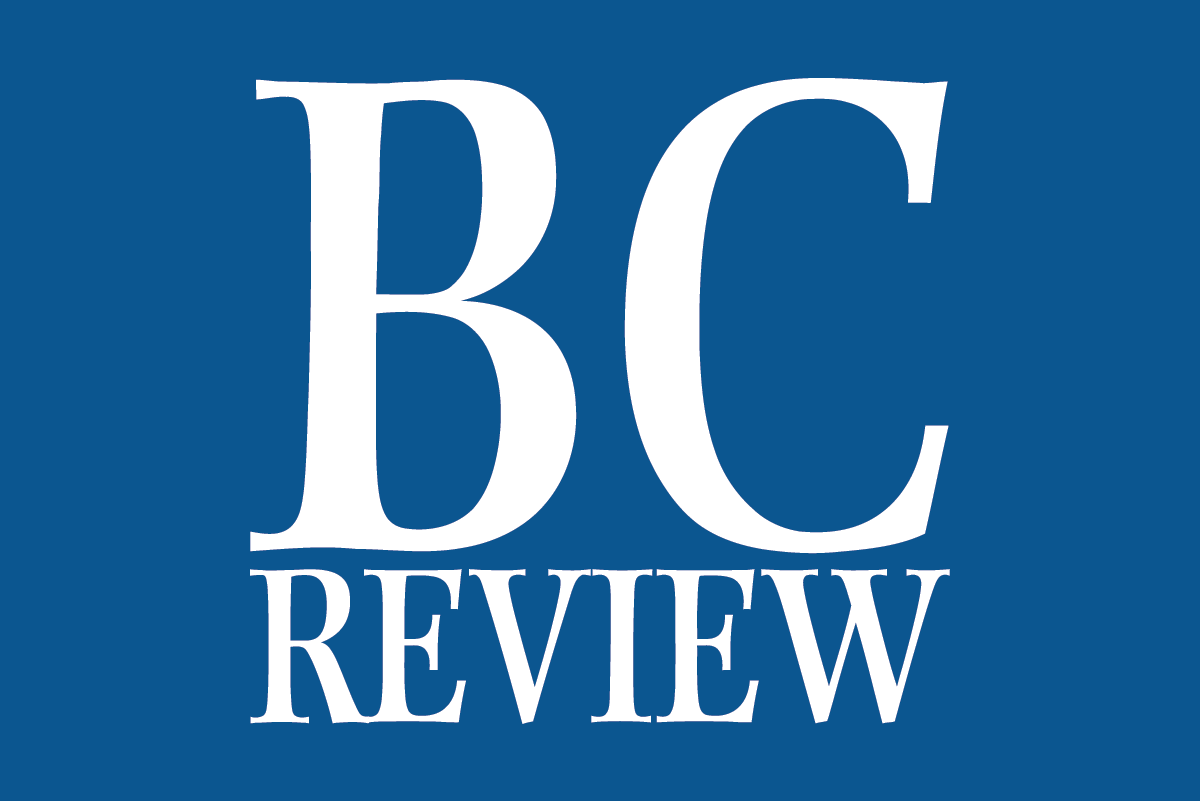In this special series, *The Age* focuses on Melbourne’s western suburbs to explore how life could improve in Australia’s fastest-growing region. See all 12 stories.
—
One of the largest youth mental health services in Melbourne’s west has stopped accepting new patients on treatment plans and warned of six-month delays as a nearby council grapples with a severe shortage of psychologists.
Headspace Werribee took the unusual step of writing to local doctors last month, requesting they refer patients needing longer-term mental health support to alternative counselling services.
“To ensure that we can continue to provide safe and quality services to our young people, our service will temporarily pause accepting new mental health care plans,” the letter stated. “We are experiencing a high volume of referrals, and our wait times are currently estimated to be five to six months to access sessions under their mental health treatment plan.”
A mental health treatment plan, which can be obtained from a GP, allows patients to claim on Medicare up to 10 sessions with a mental health professional each calendar year.
Headspace has stressed that its Werribee site can still see young patients for urgent appointments, with a wait time of just two days for this shorter-term treatment.
—
The revelation about treatment plans comes after key players in health and infrastructure told *The Age* that the Allan government needs to urgently invest in additional mental and community health services alongside the west’s existing pipeline of major new hospitals.
City of Melton Mayor Steve Abboushi highlighted critical gaps in mental health services within his municipality. He noted that Greater Melbourne has more than five times as many psychiatrists per capita as the City of Melton, and seven times as many psychologists working in community mental health.
Werribee GP Joe Garra shared concerns that many of his patients’ mental health deteriorates while waiting for an appointment with a psychologist or psychiatrist.
“I have to give them antidepressants so that they are OK until they can see a psychologist,” said Garra, who previously ran as an independent candidate in the state election. “You have to keep them safe.”
Depression is the main mental health condition among his younger patients. “It definitely has gotten worse since COVID,” Garra added. “A lot of kids spent two years of their lives not socialising; they were limited to the internet and didn’t have outlets like sport.”
He also noted that many patients cannot afford the gap fees required to access private psychologists and psychiatrists.
—
Headspace chief clinical officer Vikki Ryall said the Werribee site is actively recruiting new allied health practitioners.
“Headspace services nationally continue to experience high demand due to the well-documented increase in youth mental health and wellbeing difficulties,” Ryall said.
“Headspace Werribee is one of the very few bulk-billed and free mental health services for young people in the area — an area that is fast-growing. We will continue to listen and respond to community needs alongside each other.”
She also highlighted that help is always available through Headspace’s national online platform, eHeadspace.
—
Teagan Carrison, executive director of the Australian Association of Psychologists, said that while psychologists are available to help new clients in the western suburbs, cost remains the primary barrier.
“The way to create better access to psychologists is to raise the Medicare rebate to $150 for every appointment,” she said.
—
According to the latest state government data, mental health presentations to emergency departments across Victoria have increased by 5 per cent in the past year.
A source from Western Health, speaking on the condition of anonymity, shared that paediatric patients with mental health issues are placing significant pressure on emergency departments.
“Their parents reach this crisis point, and the only place they are able to go is a public emergency department,” the source said.
“Patients spend hours in our emergency department waiting for a psychiatry review. It’s less than a therapeutic environment. If you are a child who’s distressed with anxiety, depression, and suicidal ideation, it’s just not a great place to be.”
—
Headspace founder Pat McGorrey expressed gratitude for the Albanese government’s promise of $1 billion funding for more free mental health services.
McGorrey noted that the Headspace centres in Sunshine and Melton are already slated to receive an extra $3 million per year to recruit more staff.
“Because Werribee has such massive population growth, it should definitely benefit from the same kind of boost,” he said. “It urgently needs it as well.”
McGorrey added that more state and federal funding is needed for other mental health providers in Melbourne’s booming west.
—
Mental health disorders are among the four most prevalent conditions being managed by primary care in Melbourne’s north-western suburbs, according to a Commonwealth health needs assessment. The other most prevalent conditions are heart disease, diabetes, and chronic pain.
A spokesperson for Western Health, which manages major public hospitals in the western suburbs, said approximately 5 per cent of emergency department presentations at Sunshine, Footscray, and Williamstown hospitals between April and June this year were primarily due to mental health issues.
The government spokesperson also said the upcoming $1.5 billion Footscray Hospital site — due to open in February next year — will include a new mental health, alcohol, and other drugs hub. This addition is expected to reduce pressure on Sunshine’s emergency department, with more than half of mental health presentations now completed within four hours, marking a 16 per cent improvement year-on-year.
—
Over coming months, *The Age* is strengthening its focus on Melbourne’s booming west with a special series examining the positives and challenges the region faces.
In October, *The Age* reporters will moderate a West of Melbourne Economic Development Alliance (WoMEDA) summit to discuss a vision for the western suburbs’ success. This alliance of university, industry, community, and local government experts works to unlock the west’s economic potential.
The West of Melbourne Summit, presented by WoMEDA with *The Age*, will be held on October 22–23. For details, visit [womeda.com.au](https://womeda.com.au).
—
If you or someone you know needs support, contact Lifeline on 13 11 14 or Beyond Blue on 1300 22 4636. In the event of an emergency, dial triple zero (000).
https://www.brisbanetimes.com.au/national/victoria/a-lifesaving-service-in-this-booming-suburb-has-asked-gps-to-send-patients-elsewhere-20250911-p5mu6t.html?ref=rss&utm_medium=rss&utm_source=rss_feed

